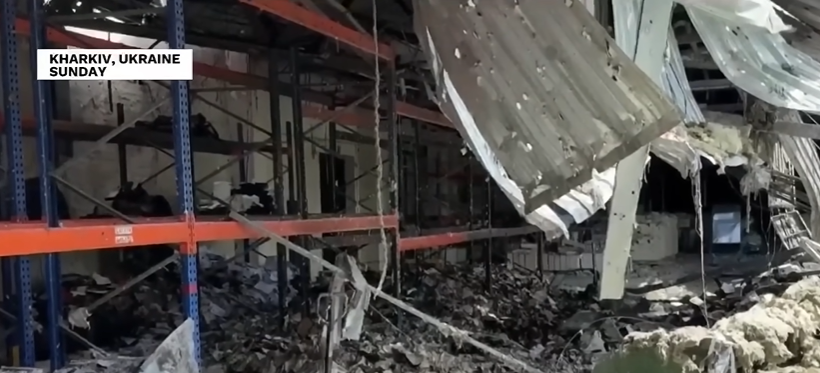The White House has made a notable shift in its policy regarding the Ukraine conflict, now supporting Ukraine’s use of weapons to strike targets within Russia. This change aligns with the positions of European allies and comes amid increasing pressure on the Biden administration to provide more robust support to Ukraine.
Background and Policy Shift
Initially, President Biden and his administration were cautious about providing weapons that could be used to strike inside Russia, fearing it could provoke a direct conflict between the West and Russia. However, over two years into the war, Ukraine has faced relentless pressure and dramatic setbacks from Russian forces, some of which are staged from within Russia itself.
This has prompted a reconsideration of the approach, with the aim of allowing Ukraine to prevent these attacks by targeting Russian bases and operational points.

European Allies and Internal Deliberations
The shift in policy aligns with the thinking of European allies who have been critical in supporting Ukraine. Notably, Secretary of State Antony Blinken and CIA Director William Burns have advocated for a more aggressive stance, which has influenced the administration’s decision. Despite this, there has been criticism of the White House for slow-walking its support, leading to lost time and lives according to Ukrainian officials.
Limited Scope of Attacks
The intent of this policy change is not to encourage Ukraine to target major Russian cities like Moscow or the Kremlin, but to allow them to strike military targets that directly contribute to the offensive against Ukraine. This includes areas around the border where Russian forces are launching attacks.
Ukraine’s Independent Actions
Ukraine has already been conducting strikes inside Russia using drones, targeting oil facilities and airbases. These actions, which have angered Moscow, demonstrate Ukraine’s determination to counteract Russian aggression independently of U.S. policy decisions.
Political Implications for President Biden
President Biden’s foreign policy, particularly regarding Ukraine and other global conflicts like Gaza, is significantly influenced by external actors such as Vladimir Putin and Benjamin Netanyahu. The administration faces internal resistance from lawmakers on supplying Ukraine, compounded by delays in securing funding. These challenges highlight the complexities Biden faces in trying to maintain leadership and cohesion among European allies while addressing domestic concerns about foreign interventions.
Intelligence Revelations: North Korean Missiles in Ukraine
Adding to the complexity, recent intelligence findings reveal that debris from a missile attack in Ukraine almost certainly came from a North Korean missile. This underscores the growing alliance between Russia and North Korea, with North Korea supplying artillery and now missiles to Russia. This development is alarming for the U.S. and highlights the expanding network of authoritarian states supporting Russia’s actions against Ukraine.
Conclusion
The Biden administration’s policy shift to support Ukraine in striking targets within Russia marks a significant development in the ongoing conflict. While it aims to balance robust support for Ukraine with caution to avoid escalating the war, it also faces political and strategic challenges both domestically and internationally. The situation continues to evolve, with new alliances and threats emerging, necessitating vigilant and adaptive responses from the U.S. and its allies.






